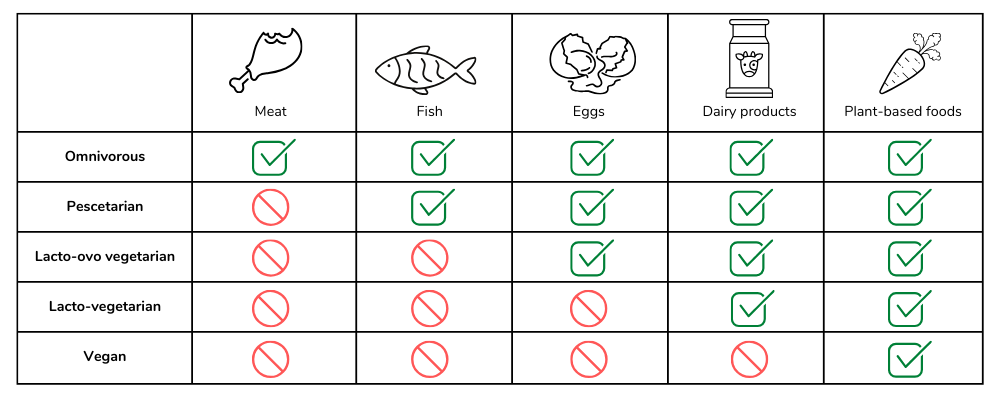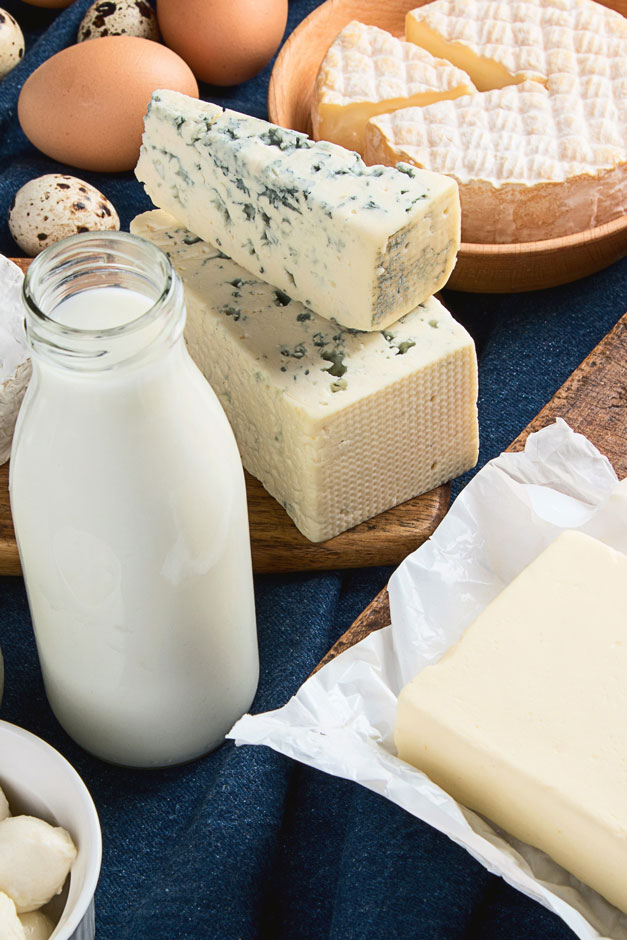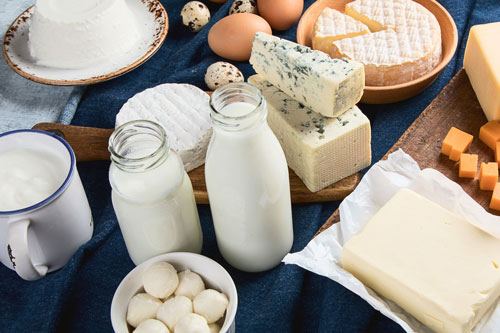
Major points:
- An omnivorous diet does not restrict foods of animal origin. In a vegetarian diet, foods may be eaten for which the animal does not have to be killed, e.g., dairy products and eggs. A vegan diet completely excludes any food of animal origin.
- Ethical aspects and sustainability issues motivate an increasing number of people to adopt a vegetarian or vegan diet. Often, vegetarian and vegan diets are additionally marketed as particularly healthy.
- Neatic is compatible with all diets. A vegetarian or vegan diet is not automatically healthier compared to an omnivorous diet since any diet can contain flavors, sweeteners, and sugars.
Overview of the different types of diets
In this article, you will find information about the most common types of diets and their main differences.

The omnivorous diet
People who eat an omnivorous diet eat both foods from plants and animals. A wide variety of foods can be found on the menu. These range from fruits and vegetables to milk and cheese to meat and sausages. These foods can come from different animals such as cows, pigs, and chickens, depending on personal preference. There are no foods or food groups excluded from the diet.
The pescetarian diet
Pescetarians abstain from eating meat and meat products. However, they consume fish and fish products. In addition, both plant foods such as fruits, vegetables, grains, and legumes and foods of animal origin such as milk, dairy products, cheese, eggs, and honey are on the menu.



The vegetarian diet
There are various, often overlapping motivations for a vegetarian diet. Ethical aspects can play a prominent role, including the rejection of killing animals for food production. Another major reason are sustainability issues. The consumption of resources for animal husbandry, animal transport, and feed, as well as the use of veterinary medicine products including antibiotics are questioned. In addition, a vegetarian diet is often regarded as generally healthier than an omnivorous diet.
No matter which motive is the decisive factor for the individual: All vegetarians avoid the consumption of meat and fish, as well as products made from them. Gelatine is also often avoided as it is made from animal bones. Foods of animal origin such as eggs (“ovo”) and dairy products (“lacto”) may be eaten because animals do not have to be killed for them. The designations “ovo” and “lacto” thus indicate which animal products a vegetarian consumes. E.g., vegetarians eating dairy products and eggs are also called ovo-lacto vegetarians whereas vegetarians who eat dairy products but abstain from eggs are called lacto-vegetarians.
The vegan diet
The vegan diet is purely plant-based. The motivation for the diet is comparable to the vegetarian diet. Ethical aspects as well as sustainability and health issues lead to the complete avoidance of animal products such as meat, fish, milk and dairy products, eggs, and honey. The menu consists mainly of fruits, vegetables, grains, and legumes. Many vegans additionally refrain from other items of animal origin such as leather shoes and coats, feather pillows, and fur rugs.

What does Neatic recommend concerning the optimal type of diet?
Neatic respects all diets. A vegetarian or vegan diet is not automatically healthier compared to an omnivorous diet. After all, all types of diets can include flavors, sweeteners, and sugars. Especially with meat and dairy product substitutes, you should pay attention to the ingredient list since many of these products include added flavors.
Bibliography:
Höfler, Elisabeth; Sprengart, Petra (2018): Praktische Diätetik. Grundlagen, Ziele und Umsetzung der Ernährungstherapie. 2., überarbeitete und erweiterte Auflage. Stuttgart: WVG, Wissenschaftliche Verlagsgesellschaft
Leitzmann, Claus; Keller, Markus (2020): Vegetarische und vegane Ernährung. 4., vollständig überarbeitete und erweiterte Auflage. Stuttgart: Verlag Eugen Ulmer.
